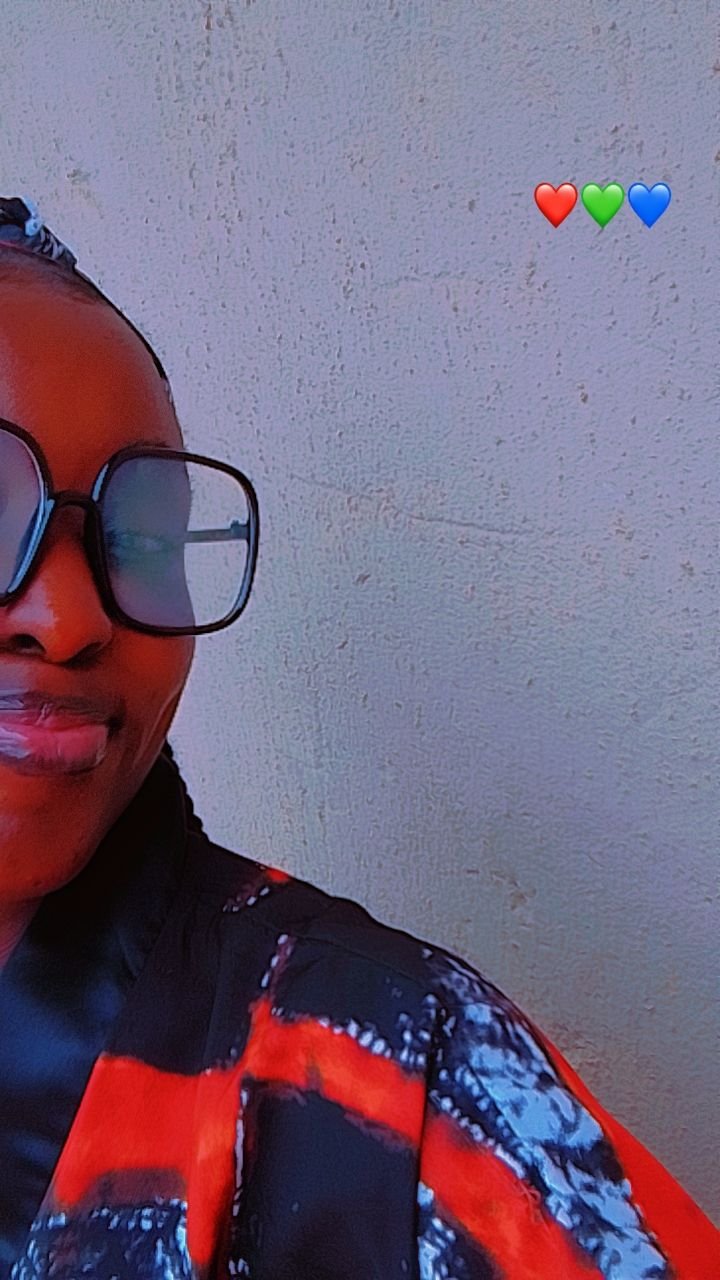Effects of social media on mental health
Social media has become one of the biggest parts of adolescent life. It’s almost like a second world where teenagers go to express themselves, share moments, talk to friends, learn new things, and stay connected to the world around them. It’s hard to find a teenager today who doesn’t have a phone in their hand, a TikTok or Instagram account, or a habit of checking messages or updates several times a day. While social media has many good sides, it also has its downsides, especially when it comes to the mental health of adolescents.

Let’s start with the positive side. For many teenagers, social media is a place of escape and comfort. It allows them to meet people from different places and backgrounds, sometimes even people who truly understand them better than those around them. A teenager who feels misunderstood at home or school may find a community online that shares the same interest, passion, or even struggles. This kind of connection can make them feel less alone. When someone is feeling down and they come across a funny video, a motivational quote, or a kind message, it can brighten their mood. Social media has helped many young people fight depression and anxiety simply by giving them a space to talk, be heard, and be seen.
Also, social media helps teenagers learn. They come across helpful information every day, whether it’s about mental health, how to handle stress, how to study better, how to express emotions, or how to build confidence. In fact, many teenagers have learned to talk more openly about depression, trauma, self-esteem, and body image, all because of what they’ve seen and read on social media. Before now, many young people would hide their feelings or feel ashamed to speak out. But now, seeing others talk about their experiences online gives them the boldness to do the same. It also helps them understand that they are not alone in what they’re going through.
Some teenagers have even used social media to grow their talents or start businesses. A shy teenager who used to be scared of speaking might now be making videos to encourage others. Another might be selling their handmade crafts or showing their cooking skills online. These little wins build their confidence and give them a sense of purpose. For some, social media has become a path to growth, courage, and creativity.
But we cannot talk about the positive without mentioning the negative and sadly, the negative effects can be very heavy on the mind.

One of the most dangerous things about social media is comparison. Teenagers scroll through their phones and see people who seem to have perfect lives, beautiful bodies, expensive clothes, fun outings, and exciting lifestyles. What they don’t often realize is that people only show what they want others to see. Many of those perfect pictures are edited, filtered, or fake. But still, teenagers compare themselves with them. They begin to feel like they are not beautiful enough, not rich enough, or not interesting enough. This comparison slowly eats away their self-worth and makes them feel less than they truly are.
Cyber bullying is another painful side of social media. Some teenagers go online and instead of finding peace, they find insults, shame, or hate. Some get bullied for how they look, talk, dress, even for something they posted years ago. The effects of this kind of bullying can be deep. It can make a happy, lively teenager become quiet and withdrawn. Some lose confidence, others fall into depression, and a few even begin to think of self-harm or worse. What makes it more dangerous is that this bullying can happen silently. A teenager might be smiling in real life but crying behind the screen.
Another serious problem is addiction. Many teenagers can’t go two hours without checking their phones. They feel the pressure to stay updated, post regularly, reply quickly, and stay in the loop. This constant need for online presence can lead to anxiety. When they don’t get enough likes or comments, they begin to question themselves. Some can’t sleep well because they stay up all night watching videos or chatting. It affects their schoolwork, their focus, and their rest. Over time, this can lead to stress, headaches, mood swings, and low energy.
Social media can also create fake expectations. Teenagers may start to believe that life should always look perfect, that they should always be happy, or that problems should be solved quickly. But that’s not how real life works. Life is full of ups and downs, and learning to face those moments is part of growing up. When social media paints only a perfect picture, teenagers who are going through tough times may feel like failures, not realizing that even those posting smiling pictures have their own hidden struggles too.

Even though social media can help young people stay informed, there is also the danger of misinformation. Not everything seen online is true. Some advice or content can be misleading or harmful, especially when it comes to mental health. Without proper guidance, teenagers may follow wrong ideas or believe lies that affect their emotions or behavior.
In the end, social media is like a knife, it can be useful in the kitchen, but dangerous in the wrong hands. It all depends on how it is used. For adolescents, who are still growing and learning about life, social media must be handled with care. It’s important for them to take breaks when needed, talk to someone they trust, and remember that their value is not in likes or followers, but in who they truly are. Social media should be a tool that supports mental health, not something that destroys it.
So yes, social media can help adolescent mental health in many ways, but only when used wisely. If not, it can create wounds that are hard to heal. The key is balance, using it to learn, connect, and express, but also knowing when to log off and take care of the mind offline.
The balance between the positive and negative effects of social media on mental health is so important to consider, especially for adolescents.
Thank you for sharing
Yeah, that's very true
Thanks for reading through 😊